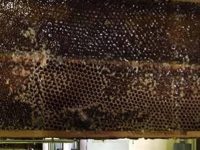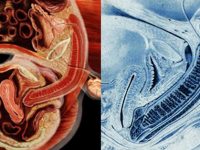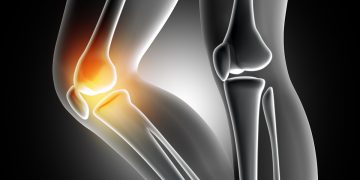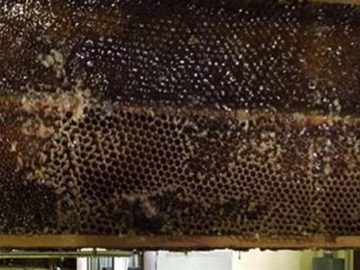A study conducted by researchers at Indiana University has identified 24 compounds – among which caffeine – that have the potential of boosting an enzyme in the brain that protects the system against dementia.
The protective effect of the enzyme – NMNAT2, was discovered last year through a research in IU Bloomington. This new study was published in the scientific journal Scientific Reports.
“This work could help advance efforts to develop drugs that increase levels of this enzyme in the brain, creating a chemical ‘blockade’ against the debilitating effects of neurodegenerative disorders,”
said Hui-Chen Lu, who led the study. Lu is a Gill Professor in the Linda and Jack Gill Center for Biomolecular Science and the Department of Psychological and Brain Sciences, a part of the IU Bloomington College of Arts and Sciences.
Earlier, Lu and his colleagues found that the NMNAT2 plays two important roles in the human brain: a protective function, to guard neurons from stress; and a so-called ‘chaperone function’, to battle against misfolded proteins called tau, which accumulate in the brain as ‘plaques’ due to aging. The study was the first of its kind to discover the ‘chaperone function’ in the enzyme.
Misfolded proteins have been connected to neurodegenerative disorders, such as Alzheimer’s, Parkinson’s and Huntington’s diseases, as well as amyotrophic lateral sclerosis, commonly known as ALS or Lou Gehrig’s disease.
The Alzheimer’s disease is the most common among these disorders, and it affects over 5.4 million Americans, while numbers are expected to rise as the population ages.
In order to identify which substances have the potential to boost production of the NMNAT2 enzyme in the brain, Lu’s team screened over 1,280 compounds, that also included existing drugs, by using a method that was developed in her lab.
24 compounds in total were identified as having the potential to increase NMNAT2 production in the brain. One of these substances was caffeine, which is also known for improving memory function in mice genetically modified to produce high levels of misfolded tau proteins.
Lu’s earlier research found that mice altered to produce misfolded tau, also produced lower levels of NMNAT2.
To confirm the effect of caffeine, IU researchers distributed caffeine to mice modified for production of lower levels of NMNAT2. As a result, the mice began to produce the same levels of the enzyme as normal mice.
Other compounds shown by the study to increase the production of NMNAT2 in the brain were rolipram, which, as the study showed, was the second highest increaser of the enzyme, ziprasidone, cantharidin, wortmannin and retinoic acid.
The effect of retinoic acid could be significant, because the compound derives from vitamin A, Lu said.
13 compounds were identified as having potential to lower the production of NMNAT2. Lu stated that it is important to know these compounds as well, because understanding their role in the body could lead to new insights into how they may contribute to dementia.
“Increasing our knowledge about the pathways in the brain that appear to naturally cause the decline of this necessary protein is equally as important as identifying compounds that could play a role in future treatment of these debilitating mental disorders,”
she said.
More information: Yousuf O. Ali et al, Screening with an NMNAT2-MSD platform identifies small molecules that modulate NMNAT2 levels in cortical neurons, Scientific Reports (2017). DOI: 10.1038/srep43846
Journal reference: Scientific Reports
Provided by: Indiana University




































Connect with us